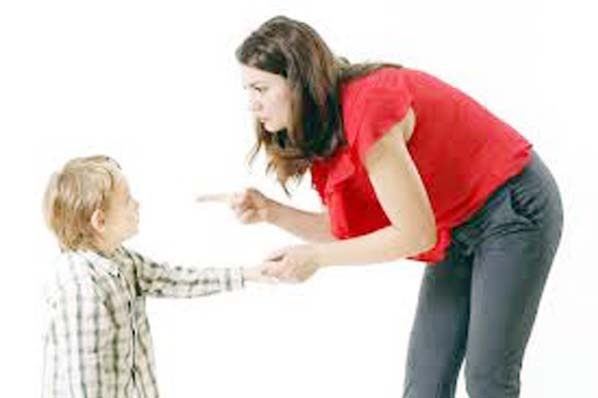
Laura Markham, PhD :
Begin with the early lesson that we all clean up our own messes by matter-of-factly grabbing paper towels and helping your child clean up his spilled milk, with no blame and no shame. As he gets a bit older, suggest that once he calms down, he can find a way to make up with his sister after a fight: Would she like a hug? A drawing? To play a game? Resist shaming, and model repair and apologizing. You’ll find him following in your footsteps.
He has a reason, even if you don’t think it’s a good one. His behavior is terrible? He must feel terrible inside. Does he need more sleep, more connection with you, more downtime, more chance to cry and release those upsetting emotions we all store up? Address the underlying need and you eliminate the misbehavior.
Kids will do almost anything we request if we make the request with a loving heart. Find a way to say YES instead of NO even while you set your limit.
“YES, it’s time to clean up, and YES I will help you and YES we can leave your tower up and YES you can growl about it and YES if we hurry we can read an extra story and YES we can make this fun and YES I adore you and YES how did I get so lucky to be your parent? YES!”
Your child will respond with the generosity of spirit that matches yours.
Remember that every interaction is an opportunity for either connection-or disconnection. And once a day, turn off the phone, close the computer, and tell your child:
Follow her lead. The world is full of humiliation for kids, so for these 20 minutes just be an incompetent bumbler and let her win. Giggling releases pent-up fears and anxiety, so make sure to play, giggle, be silly. Have a pillow fight. Wrestle. Snuggle. Let her tell you what’s on her mind, let her rant or cry. Just accept all those feelings. Be 100% present. Feeling delight in your child may be the most important factor in his development. And his cooperation.
We only have influence with our child when he feels connected to us. He only feels connected when he feels understood, and when we respond with compassion and acceptance instead of judgment.
But compassion isn’t only for your child. Start with yourself. You can’t be a loving parent if you’re feeling bad about yourself, any more than your child can act “right” if she feels bad about herself.
article continues after advertisement
When all else fails, give yourself a big hug. Then give your child a big hug, and try a “do-over.” Connection and compassion will transform any relationship.
Don’t believe it? Try prioritizing connection and compassion this week and see what kind of miracle you can make.

